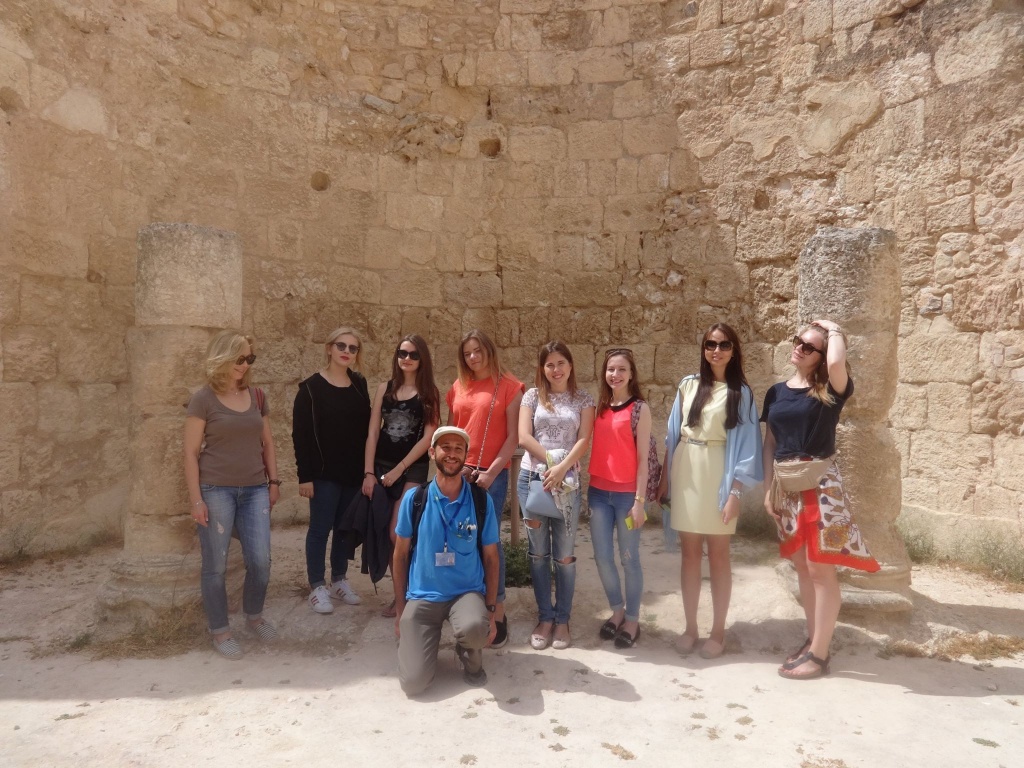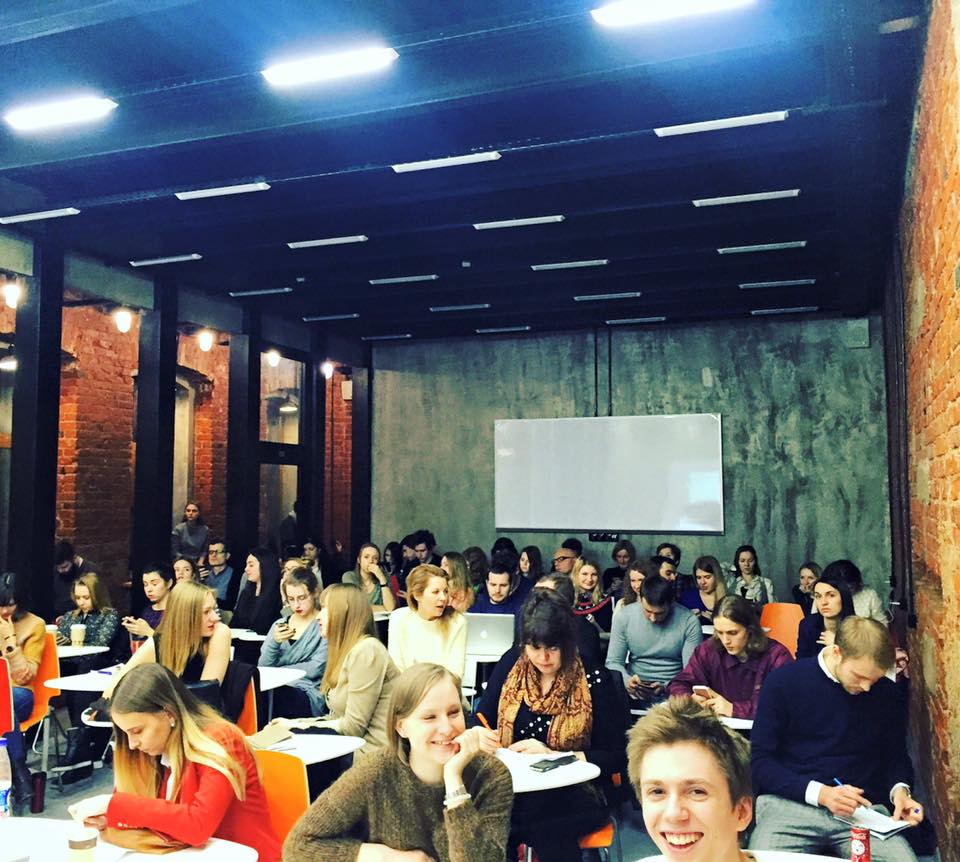
Liberal Arts College at the RANEPA was created as an educational model alternative to the traditional model of higher education inherited from the Soviet era. This new efficient model was focused on the preparation of modern specialists and experts, who would be competitive in the international labour market, including new professional spheres that are only being formed. Many of them are interdisciplinary and, accordingly, involve a very wide range of professional competencies.
The team of experts who stood behind the foundation of the Liberal Arts College have observed limitations in the old model and an increasing demand in a modernization of higher education that would lead to qualitative changes in the country at large. As a solution, we came up with the idea of bringing the model of liberal arts education that has never been practised in Russia before. The process of creation of our Liberal Arts College coincided with the new wave of interest to liberal arts education in Europe and outside of the western world. Today the College is taking over experiences from the best liberal arts programs from around the world such as from the Netherlands, China, and many others.
We chose the liberal arts as a perfect model that allows combining two qualifications necessary to be successful in a labour market nowadays. And here we are talking about academic and applied skills that can be provided through the model of majors and minors successfully implemented in American liberal arts colleges. This model has proved its efficiency for the past 300 years in the United States — that is why we chose this model for our new founded Liberal Arts College. It became the main feature of our college that provided students with universal and broad training without a narrow focus on one specific specialization.
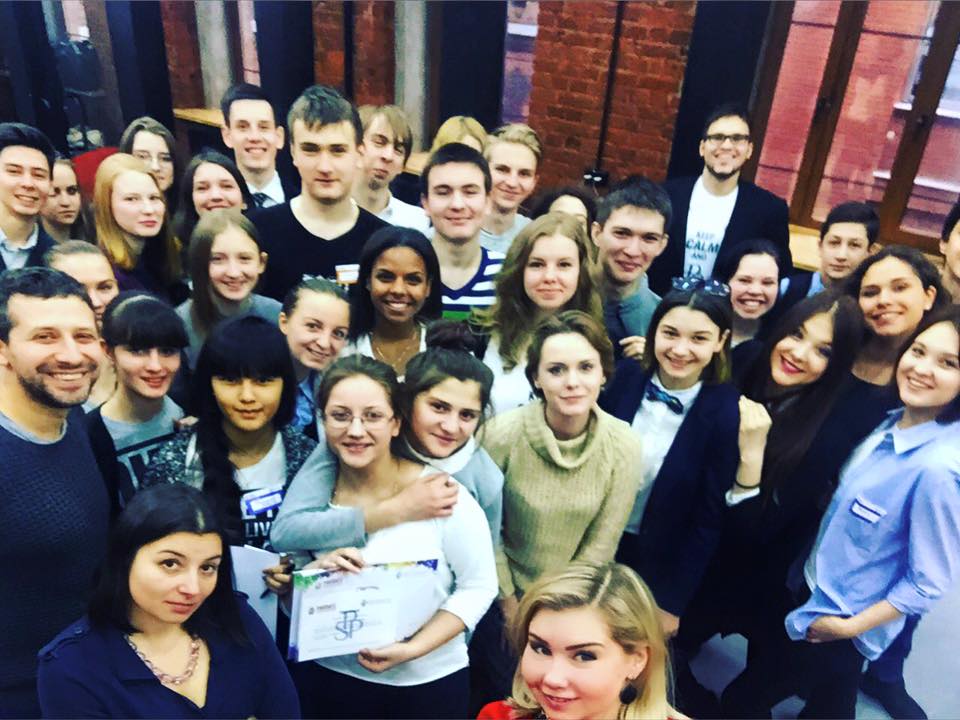
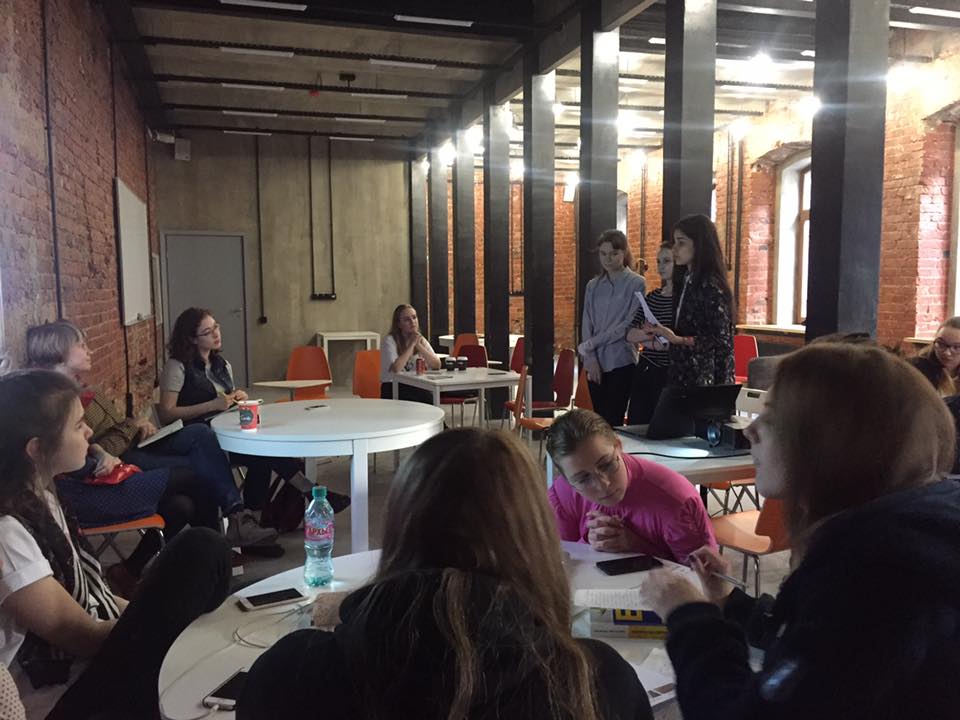
One of the advantages of the liberal arts educational program was the active stimulation of students’ participation in a class. There were and still are the minimum amount of lectures as in such form students have a passive role. The main focus was on seminars in small groups where each student had an opportunity to voice his or her opinion and to ask an instructor questions. For this purpose, seminars have been constructed as “workshops”, where each instructor was an exceptional expert in his or her field, who shared his or her unique knowledge and skills with students.
In 2011, the Liberal Arts College at RANEPA was authorized to accredit its own educational programs; and that was the moment of the establishment the first majors and minors within the Liberal Arts College. The model proved its efficiency through the increasing interest among school graduates. If in the first year of its existence the Liberal Arts College had 30 students, today there are circa 1200 students studying at the College.
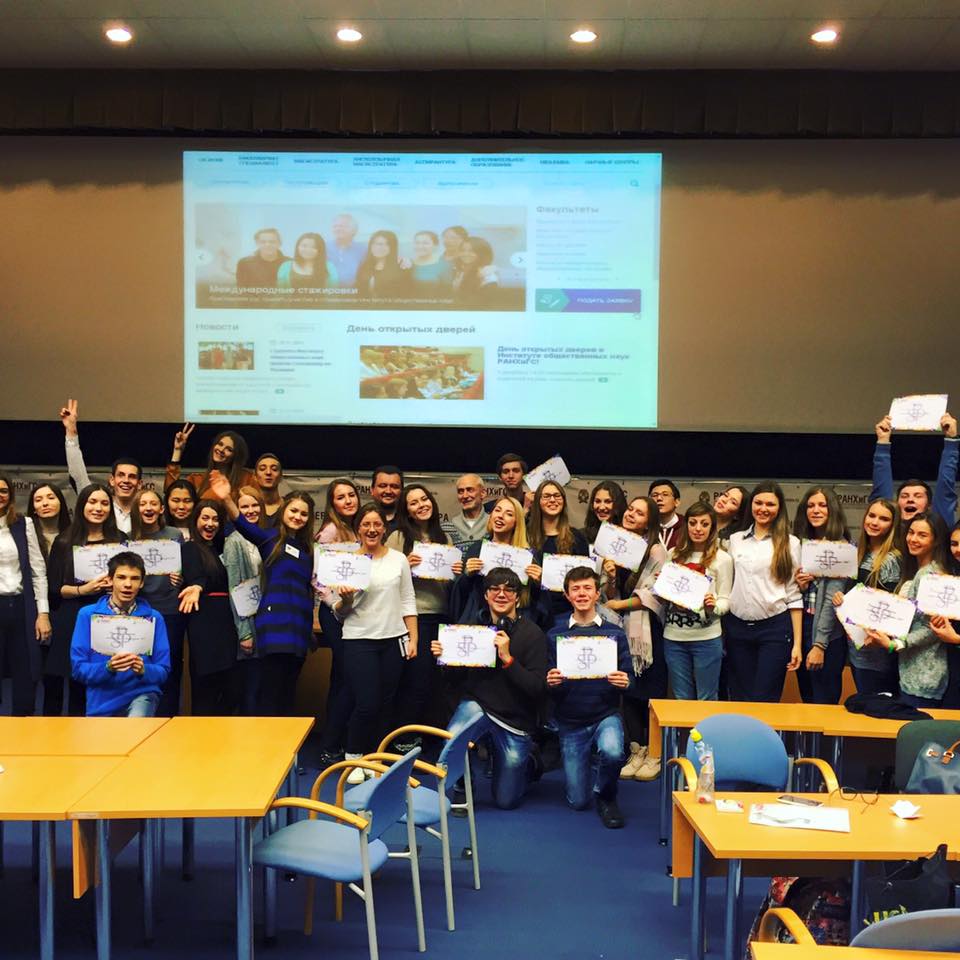
However, the unique educational model was not the only feature that differed the Liberal Arts College from traditional programs of the Russian higher education. A special approach to the interaction with students was another innovative characteristic established at the College.
From the very first year, the Liberal Arts College developed a tutoring support for students that helped them to accommodate in the new educational environment of the university and provided support and guidance in an unfamiliar educational program. Our tutors helped students with making an individual educational plan, as well as with consulting regarding their major and minor disciplines. But the most important, tutors were always there to provide a psychological support to the first year students who felt a pressure of the rich and intense educational process. Each tutor had not more than 10 students — the amount that allowed a tutor to have enough time for an individual work with each student.
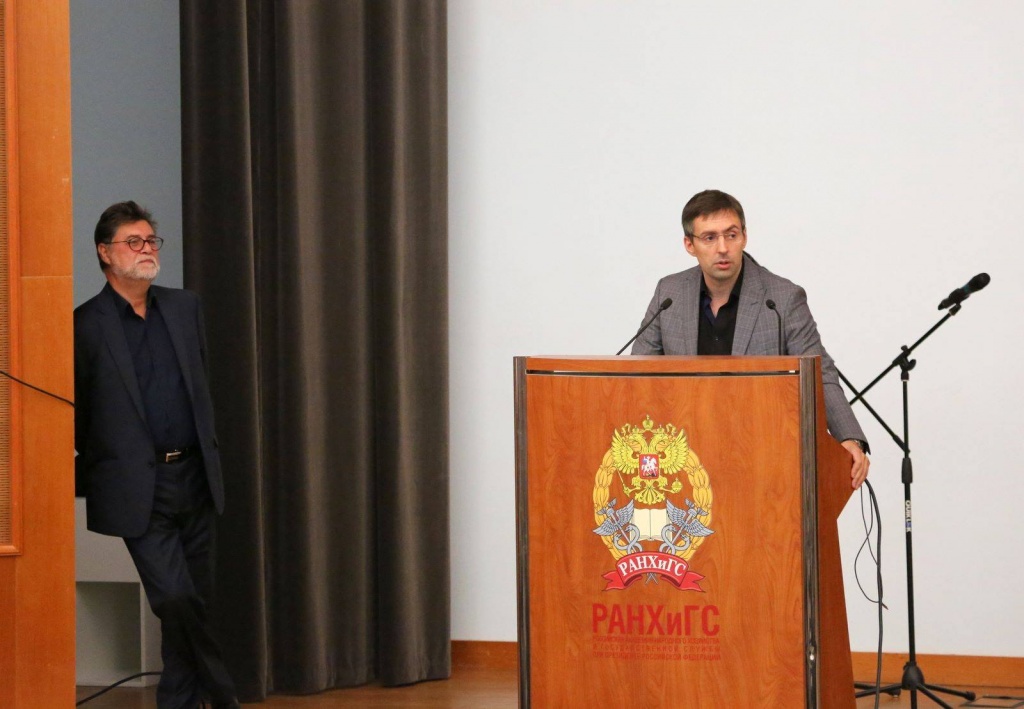
The Liberal Arts College is a student-oriented department, and one of our main priorities is an international academic mobility. We understand that our graduates cannot become competitive players in international labour market without becoming its part from the early stages. That is why we focus a lot on the development of international collaborations and we strive on working only with the best institutions and experts worldwide. Nowadays we have XX exchange programs with European, Asian, and North and South American universities. The Liberal Arts College is a member of several liberal arts associations such as The Association for Core Texts and Courses (ACTC) and The Global Academy of Liberal Arts (GALA). Faculty members and students of the Liberal Arts College annually participate in conferences, workshops, and summer schools organized with the support of these two associations.
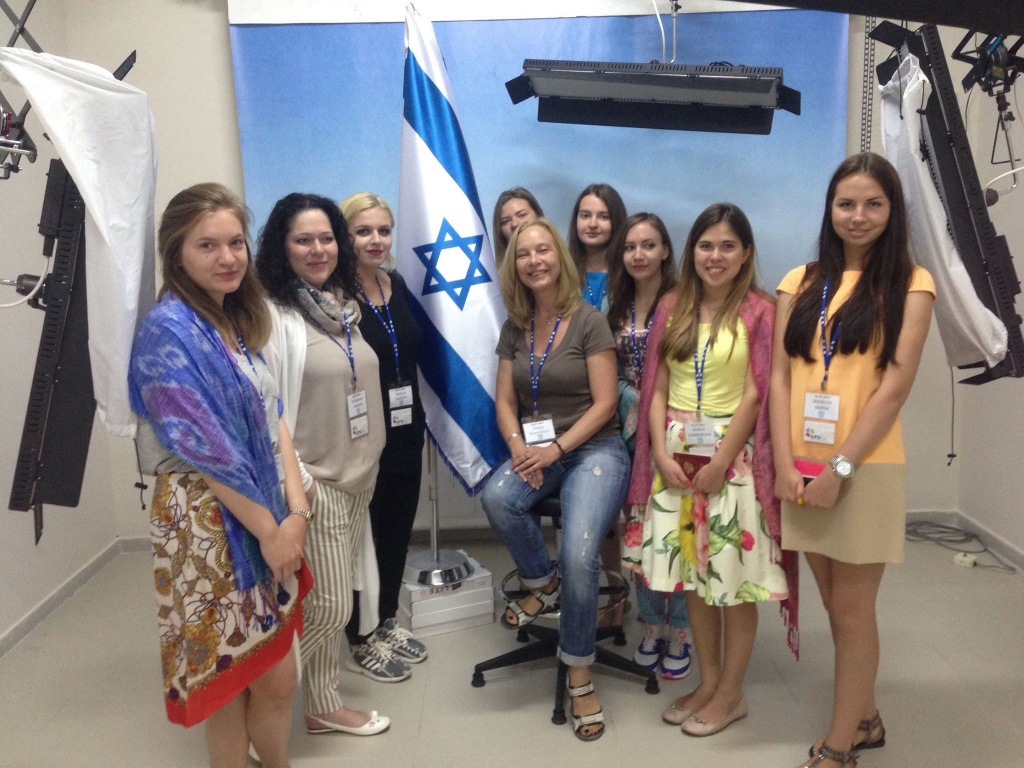
The Liberal Arts College has become an active member of GALA in 2015. This Academy is a global network of creativity spanning national and cultural boundaries to broaden the experience of students and stuff. GALA was founded by Bath Spa University Vice-Chancellor, Professor Christina Slade, in 2014 to bring together Liberal Arts providers from around the world.
In July 2015 we presented our College at the GALA annual summer conference that was held at the Communications University of China in Beijing. The conference that was organized for the second time had a great success and brought to light new partnerships across the network. Thus, after the conference, the Liberal Arts College signed agreements of cooperation with Bath Spa University (UK), Communications University of China (UK), Monterrey Institute of Technology and Higher Education (Mexico), University of Parma (Italy).
In 2016 the annual GALA conference dedicated to social entrepreneurship and innovative spirit was held at the Tec de Monterrey in Santa Fe, Mexico. This time not only the faculty member of the LAC participated in the conference, three students with their major in Management had been selected for a participation in the GALA Summer School held at the same time as the conference at the Tec de Monterrey. Those three students from the LAC brought an incredible contribution to the summer school and came up with an excellent idea dedicated to the creation of a digital platform that would unite students from the GALA network. The student body of GALA who was involved into summer school activities in 2016 successfully implemented their project and created a blog for GALA students, where they could share their experiences of studying at their respective liberal arts programs, as well as sharing insights about different cultures. This experience proved that the Liberal Arts College successfully prepared its students for a participation in such a massive international event, where they could equally build a dialogue with students from around the world and initiate a creative process.
In 2017, during the annual GALA conference held at University of Parma in Italy, the Liberal Arts College proposed to organize a workshop for professionals and experts working at the liberal arts institutions. The main idea of the workshop Mapping the Liberal Arts of GALA was to bring together colleagues from across the GALA network to share their experiences of developing the liberal arts within different institutional and national contexts and to exchange ideas about the future of liberal arts education. The aim of the workshop was to map liberal arts provision and practices across GALA and identify focal points that could strengthen cooperation between partner institutions.
The workshop took place on 23-24 March 2018 at the Liberal Arts College in Moscow. The workshop gathered 13 participants from five member institutions of the Global Academy of Liberal Arts. For two days, faculty staff from the Liberal Arts College at RANEPA (Russia), Bath Spa University (UK), University of Udine (Italy), University College Roosevelt (the Netherlands), and Concordia University (Canada) had discussed a role and significance of the liberal arts education in the context of the rapidly worldwide changing geopolitical and economic circumstances.
The result of the intensive workshop was a map of liberal arts provision and practices across the GALA network. This map contains not only “strengths” and prioritized directions for each member institution of GALA, but also criteria of quality for the liberal arts education. Hereafter, such criteria will help to expand spheres of cooperation between partner institutions of the GALA network.
There have been also established potential projects within GALA, including a foundation of an academic journal dedicated to the liberal arts education; teaching staff exchange; new ways of the spread of information within the GALA network; and prospective collaborative research projects among member-institutions. The first results of the recently established projects will be presented at the annual GALA conference that will be held on 25–27 July at Concordia University in Montreal.
